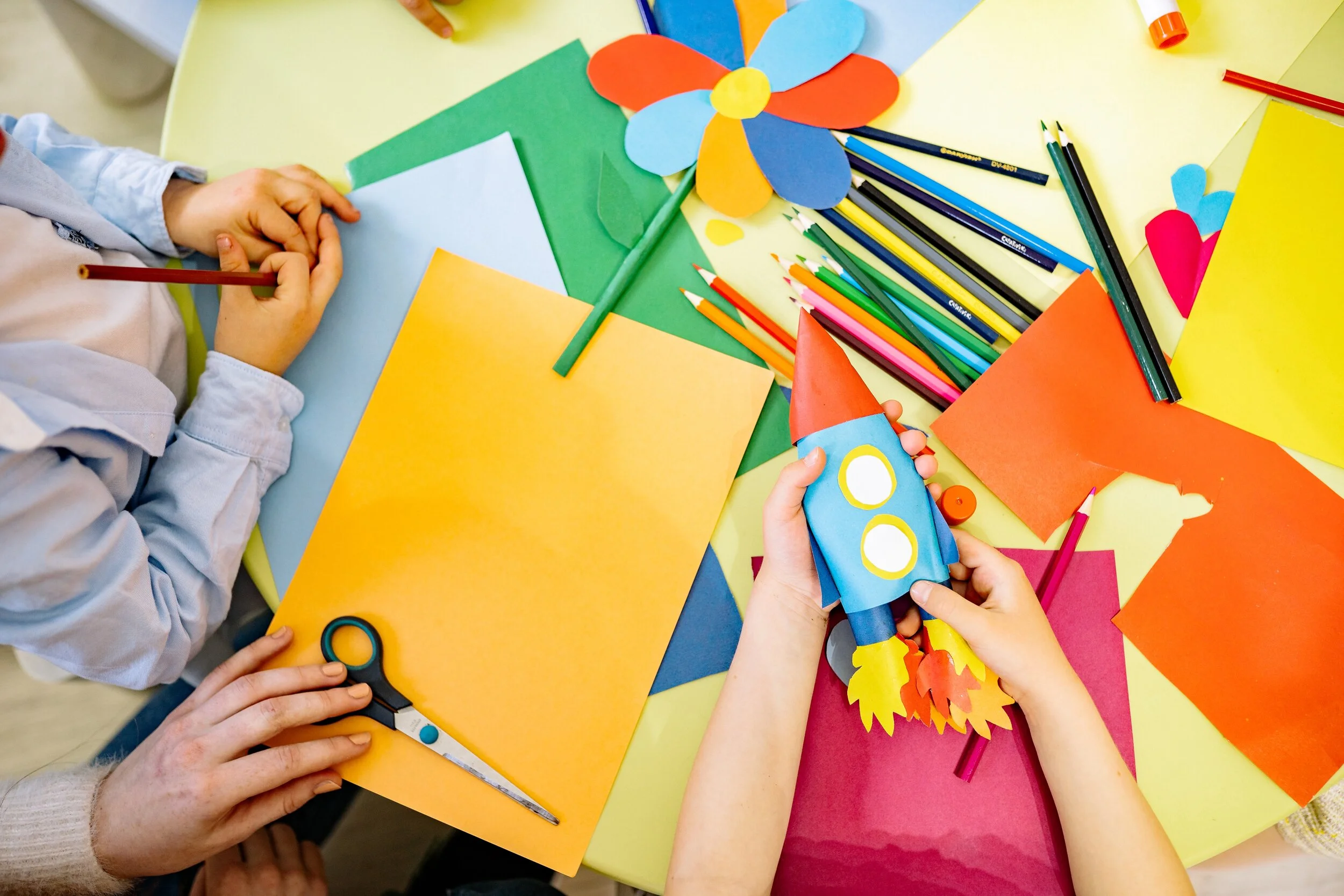Emotional eating is a common struggle many people face, often turning to food as a way to cope with stress, anxiety, sadness, or even boredom. Instead of eating out of hunger, emotional eating involves using food as a source of comfort which can lead to overeating and unhealthy food choices. This cycle can be difficult to break, especially when food provides temporary relief from overwhelming emotions. However, recognizing the pattern is the first step toward gaining control and developing healthier habits!
Overcoming emotional eating requires a combination of mindfulness, emotional awareness, and practical strategies. By understanding the emotional triggers behind your cravings and finding alternative ways to address them, you can build a healthier relationship with food. In this blog, we will explore six effective strategies to help you break free from emotional eating, regain control of your eating habits, and foster a more balanced and mindful approach to food.























